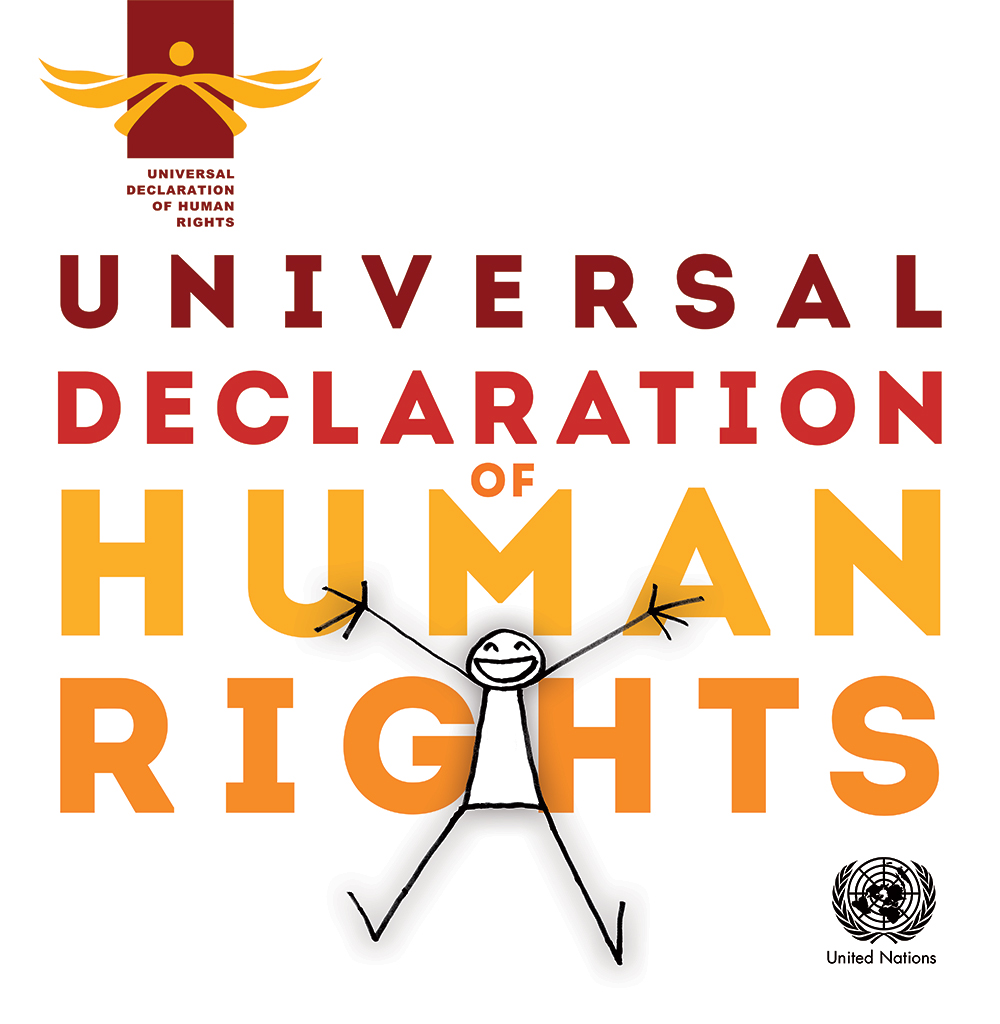December 10, 2018
 Today, on Human Rights Day, we celebrate that 70 years ago, the General Assembly of the UN proclaimed the Universal Declaration of Human Rights. Adopted on 10th December 1948, the Declaration stipulates universal values and common standards for everyone.
Today, on Human Rights Day, we celebrate that 70 years ago, the General Assembly of the UN proclaimed the Universal Declaration of Human Rights. Adopted on 10th December 1948, the Declaration stipulates universal values and common standards for everyone.
The Declaration consists of 30 articles affirming an individual’s rights which, although not legally binding in themselves, have been elaborated in subsequent international treaties, economic transfers, regional human rights instruments, national constitutions, and other laws.
The UHDR and the right to health
With regards to health, Article 25 of the Universal Declaration of Human Rights 1948 states:
“(1) Everyone has the right to a standard of living adequate for the health and well-being of himself and of his family, including food, clothing, housing and medical care and necessary social services, and the right to security in the event of unemployment, sickness, disability, widowhood, old age or other lack of livelihood in circumstances beyond his control.
(2) Motherhood and childhood are entitled to special care and assistance. All children, whether born in or out of wedlock, shall enjoy the same social protection.”
Although this text is rather brief, it laid the foundation for the formulation of the Right to the Highest Attainable Standard of Health, and the acknowledgment that this right is not just about access to healthcare, but also about access to other related rights, such as to education, water and sanitation, food, housing, decent working conditions, and other determinants of good health.
In an article in The Lancet, Lawrence Gostin and others, including the director-general of WHO, look back at the evolution of human rights in global health over the past 70 years and outline key messages for the future of health as a human right.
